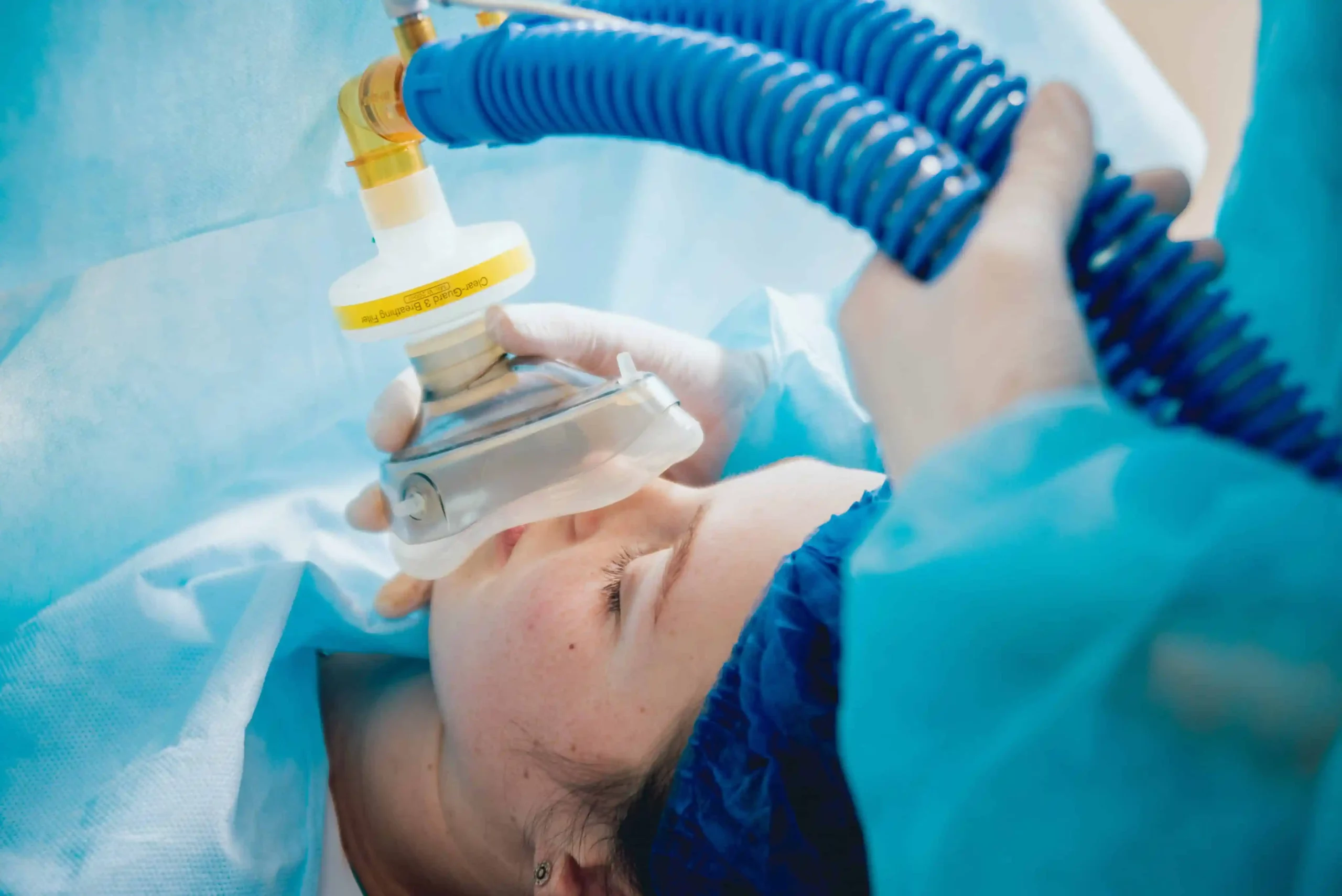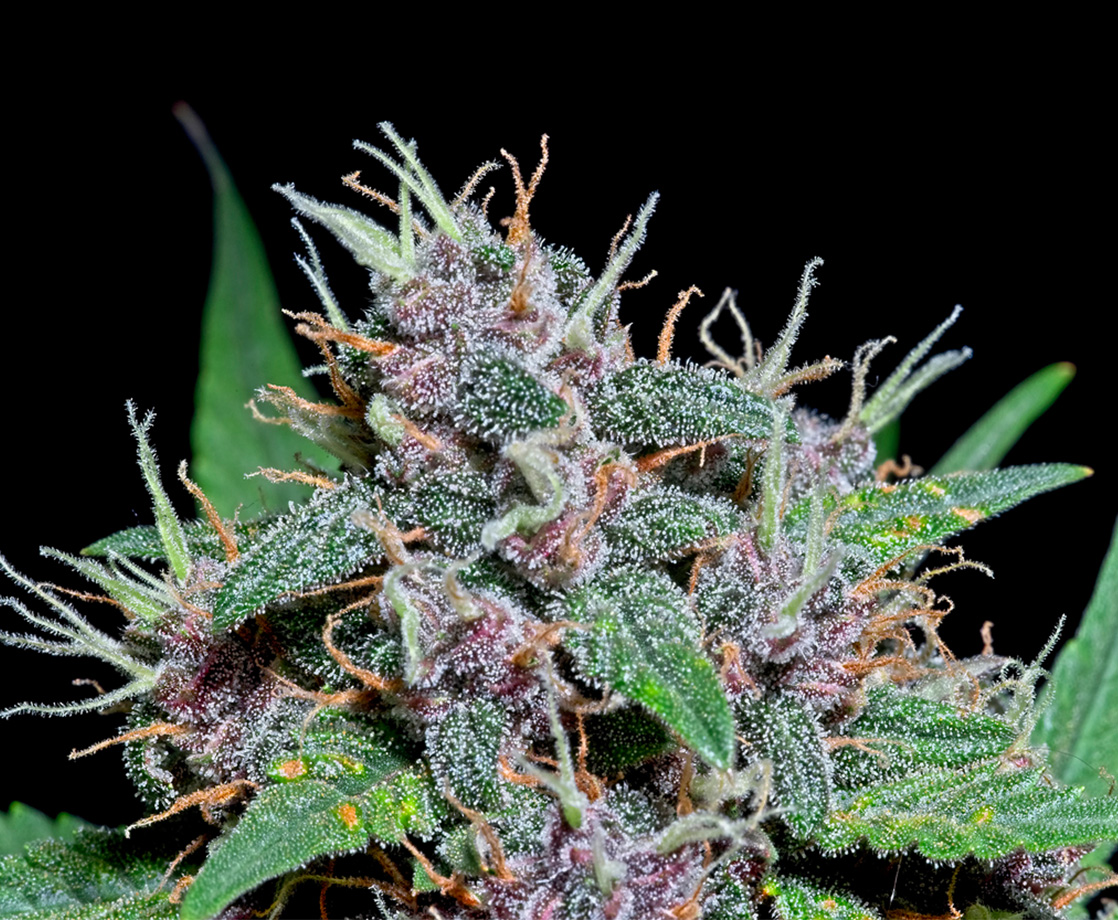Honestly, it’s hard to think of more urgent cannabis health warnings than this one: Using marijuana regularly leaves people with less sensitivity to surgical anesthesia. In fact, cannabis consumers are even at more risk of waking up while under the knife and may experience more pain post-surgery, necessitating the use of more opioid medications.
The Economist breaks down this disturbing reality in a recently published article. It cites a 2019 study that was conducted on Cleveland Clinic patients regarding cannabis usage and surgical recovery. In that investigation, 14% of cannabis consumers reported higher levels (as compared with non-users) of pain during the day following going under the knife.
As the date of that study tells us, this is far from fresh news. For years, doctors have been warning us that cannabis use reduces our blood pressure and can raise our heart rate, a combination that can cause severe cardiac and respiratory complications when paired with surgical anesthesia.
“Most of the conditions, in the worst case scenario, may lead to death,” David Hepner, medical director of the Weiner Center for Preoperative Evaluation at the Brigham and Women’s Hospital, told the Boston Globe (as we shall see later in this post, Hepner has long been speaking out about this particular issue.) “I’m not saying that it’s very common, but the potential is there.”
This may be surprising, because for some of us, marijuana is an important part of relaxing before a stressful trip to see a medical professional. In a survey by the American Dental Association, 52% of dentists reported having had a patient show up stoned. 46% have had to increase levels of anesthesia for patients who regularly consume weed.
A 2019 study from Grand Junction, Colorado’s Community Hospital broke down the actual additional amounts of various anesthesia that cannabis users required to safely have their operation: “14% more fentanyl, 20% more midazolam, and 220% more propofol.”
Please note that none of this means that you need to cease consuming marijuana if you have a surgery planned in the future — although the ADA does advise against taking a joint to the dome before you head out to get your teeth worked on. Still, you should be aware of the risks — and more than anything else, disclose your relationships with weed and any other drug to your medical professional before undergoing big-deal health operations. That is, if you’re not screened for your consumption to begin with.
“Please don’t be afraid to disclose your use of marijuana to your physician, as it will not affect what we think of you,” wrote Hepner more recently in an entry the Harvard Health Blog that helpfully breaks down the kinds of info you must share with your physicians as a cannabis user. “You will help us manage and adjust your anesthetic, prevent complications, and keep you as safe and healthy as possible.











